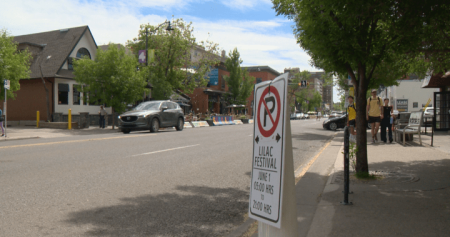The recent ceremony held on the shores of Bedford Basin marked a historic moment for the former residents and descendants of Africville, a significant Black settlement in Halifax, Canada. Hundreds gathered to celebrate the recognition of Africville as Canada’s first UNESCO Place of History and Memory linked to enslavement and the Slave Trade. This global acknowledgment not only honors the contributions of the community but also sheds light on the tragic history of displacement and systemic racism faced by its residents. In the 1960s, the city of Halifax demolished Africville, displacing its residents and erasing their cultural heritage. The community’s ongoing struggle for recognition and justice has now gained traction on an international scale.
During the ceremony, attended by multiple community members and leaders, there was a palpable sense of pride and resilience. Beatrice Wilkins, a board member of the Africville Genealogy Society, expressed the collective sentiment that their history and struggles are finally being acknowledged globally. This recognition serves as a testament to the endurance of the Africville community and the importance of preserving their legacy. The event not only highlighted the painful past but also fostered a renewed sense of hope for the future, as attendees looked towards the ongoing quest for justice and reparations for the injustices faced by their ancestors.
Despite the celebratory nature of the event, many participants voiced that the UNESCO designation is just the beginning. Figures such as Percy Paris, chair of the Africville Heritage Trust, emphasized that while the recognition is a significant step forward, more extensive reparations and actions from government officials are necessary. The sentiment among the community appears to be one of cautious optimism, as they continue to advocate for reparative justice and acknowledgment of the historical injustices that have plagued Africville and its residents.
The historical significance of Africville cannot be overstated. Established in the 19th century, it was a vibrant community with its own schools, churches, and businesses, all of which thrived despite the systemic racism and neglect from broader society. The UNESCO designation aims to preserve this history, ensuring that future generations learn about the contributions and hardships faced by the residents of Africville. It serves as a reminder of the importance of recognizing and respecting the histories of marginalized communities in Canada.
The fight for recognition and reparations extends beyond Africville, touching on larger themes of racial injustice in Canada. Former residents and their descendants are not just seeking acknowledgment for their specific community; they are raising awareness about ongoing inequalities and the need for systemic change across the country. As the event drew attention from media and political figures alike, it presents a crucial opportunity to address these broader issues and engage in meaningful discussions about reparations and racial equity.
In conclusion, the recent recognition of Africville as a UNESCO Place of History and Memory represents a monumental chapter in the ongoing fight for justice and acknowledgment of the contributions of Black Canadians. While the community celebrates this achievement, they remain vigilant in their calls for reparations and systemic change. The legacy of Africville, both its triumphs and tribulations, is now etched into the collective memory of Canada, ensuring that its story is neither forgotten nor overlooked in the pursuit of a more equitable future.









